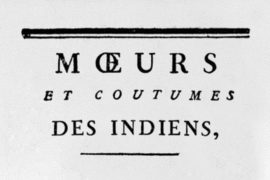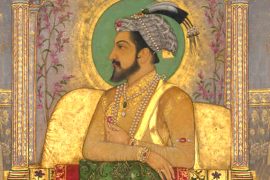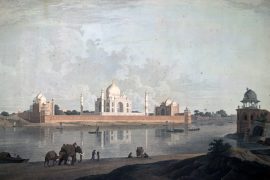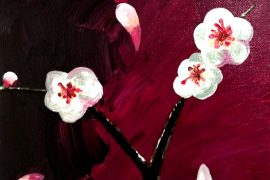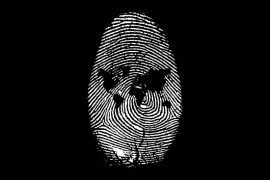One of India’s most revered playwrights was an anonymous writer. Bhāsa is the name we attribute to a writer whose existence was sometime before that of the seventh century A.D. – give or take a thousand years or more.
Scholars are unsure of Bhāsa’s exact chronology. His works reference the Ramayana and Mahabharata and so, must postdate them. But his works have also been adapted, referenced in turn in many instances from the fifth century B.C. to the seventh century A.D. He references a king “Rajasimha” at the end of a play, but that king’s reign is also unknown and could even be Chandragupta Maurya.
There is only one concrete identifier about Bhāsa’s style – he didn’t follow the rules of ‘Natyashastra’ to the letter. In the post-Kalidasa era, this was unthinkable. This suggests that Bhāsa was a slight renegade of his time. The most notable tribute is by Kalidasa – who is considered the greatest Sanskrit poet of all time – naming him in the first place as an inspiration in a prelude to his magnum opus ‘Mālavikāgnimitram.’
Chronology aside, Bhāsa remains the earliest known Sanskrit dramatist. But he’s one of the most recent to be discovered. It was only in 1912, that Mahamahopadhyaya T. Ganapathi Shastri of Travancore found 13 plays that were then attributed to the ancient playwright. Since then, Bhāsa’s fame spread far and wide – testifying to a very ancient art of tugging heartstrings.
Copyright©Madras Courier, All Rights Reserved. You may share using our article tools. Please don't cut articles from madrascourier.com and redistribute by email, post to the web, mobile phone or social media.Please send in your feed back and comments to editor@madrascourier.com


